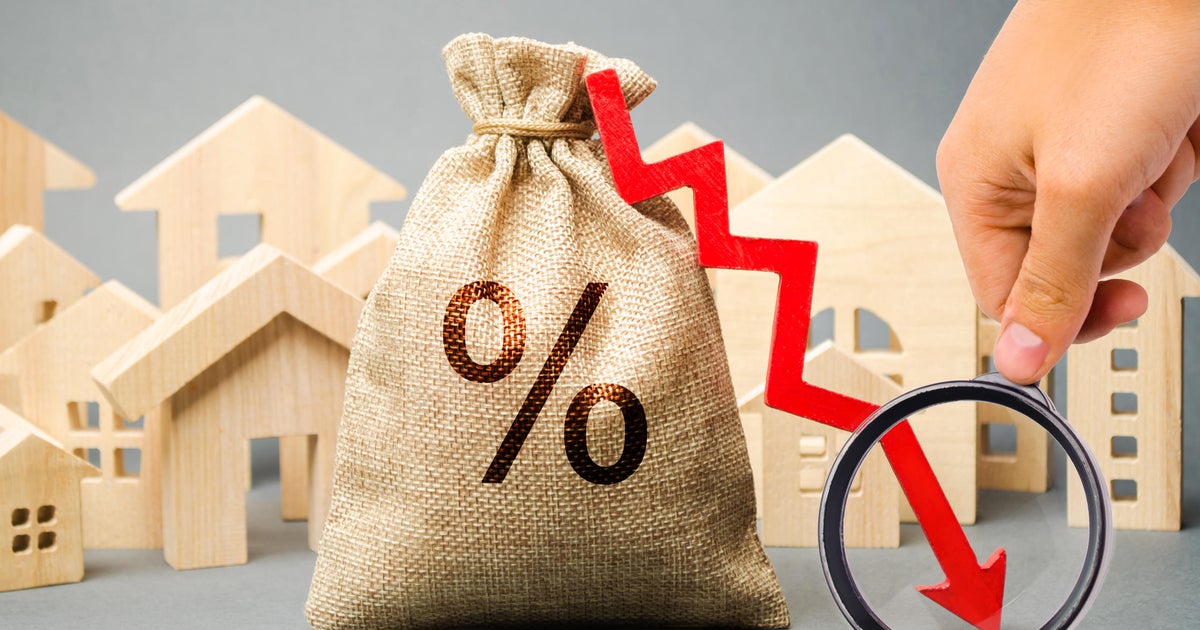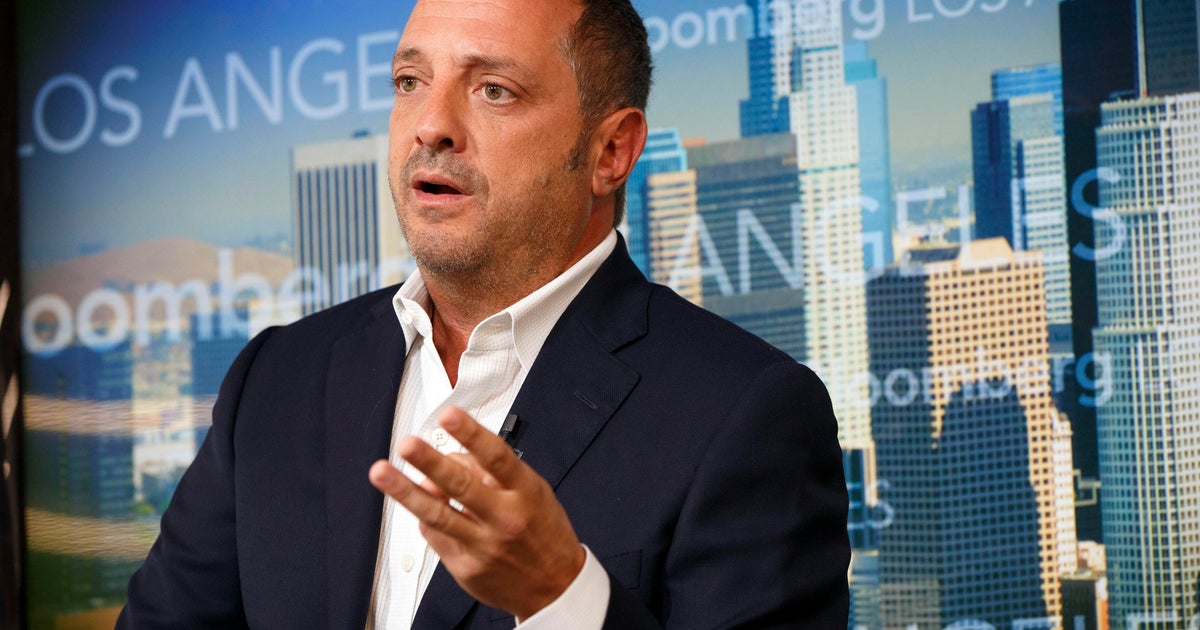Federal Reserve hikes interest rates, but nods to slowing growth
The Federal Reserve again raised interest rates, but that might be the last hike for a while. The central bank indicated it would raise rates more slowly in 2019, nodding to signs that the U.S. and global economies are cooling.
U.S. stocks tumbled on the news, with market analysts saying investors want the Fed to move even slower on rate hikes lest the central bank -- intent on keeping the economy from overheating and stoking inflation -- pushes the country into recession.
Fed policymakers now expect to raise rates just twice next year, instead of their previous forecast of three increases. In its latest policy statement, the Fed's rate-setting body said it will "continue to monitor global economic and financial developments and assess their implications for the economic outlook."
"We have seen developments that may signal some softening relative to what we were expecting a few months ago," Fed Chairman Jerome Powell said Wednesday in a press conference after release of the statement.
The Fed now expects modestly slower U.S. economic growth over the next year. It projects the U.S. economy will expand 3 percent this year, down a hair from its September forecast of 3.1 percent. It forecasts still-solid growth of 2.3 percent in 2019, lower than the 2.5 percent it predicted in September.
The latest rate hike is the fourth this year and ninth since late 2015, when the Fed began normalizing monetary policy after years of near-zero rates in wake of the housing crash. The Fed's benchmark rate now ranges between 2.25 and 2.5 percent. Some Fed members consider that to be a "neutral" rate -- neither restricting nor boosting economic growth.
Markets nose down
Stock markets dropped on the Fed announcement after rising sharply earlier in the day. The Dow and S&P 500 each closed down around 1.5 percent, while the tech-heavy Nasdaq lost more than 2 percent.
The decline reflected what analysts said was a less "dovish" Fed statement than many investors had expected given the signs of slower growth and recent market volatility.
"Simply put, the Fed is behind the market," said Frances Donald, economist for Canadian asset manager Gestion d'actifs Manuvie in Toronto, which manages more than $100 billion for individual and institutional investors. "The market turned dovish several months ago and is waiting for the Fed to catch up."
"We still have a very large gap between what the Fed says is going to happen and what the market thinks is going to happen," she added.
The president in the room
The Fed has recently faced a barrage of criticism from President Donald Trump, who has called it "out of control" and his "biggest threat" in pressing policymakers to keep interest rates low.
Powell did not mention Mr. Trump by name when asked twice if he is concerned about political pressure, but he strongly asserted the Fed's independence.
"Political considerations play no role whatsoever in our discussions or decisions on monetary policy," he said. "Nothing will deter us from doing what we think is the right thing to do."
Later he said, "I'm not worried… because I know that everyone at the Fed knows that we're always going to do our jobs the way we've always done them."
What does it mean if interest rates rise?
The so-called federal funds rate controls the interest banks pay to borrow from each other over short time periods. That affects the borrowing rates consumers and businesses pay for mortgage and car loans, credit cards and on savings accounts, to name a few. (Student loan rates, which are set by Congress, are less affected.)
After a Fed rate hike, credit card companies are usually fastest to respond by hiking the interest they charge consumers. Banks typically wait somewhat longer to offer savers a higher interest rate on their accounts. The most generous banks currently offer interest of just over 2 percent APY for a savings account, and slightly more for a CD.
Because interest rates make it more expensive to borrow, raising rates act as a damper on economic growth. Some economists criticize this year's rate hikes as having gone too far, considering that wages are growing just this year.
"[T]here have been real signals flashing in the data that these past rate hikes are starting to slow the economy," said Josh Bivens, director of research at the Economic Policy Institute. "By 2019, this drag from higher interest rates will no longer be counterbalanced by greater fiscal stimulus, and the pace of economic growth could slow markedly."
-- The Associated Press contributed reporting.



